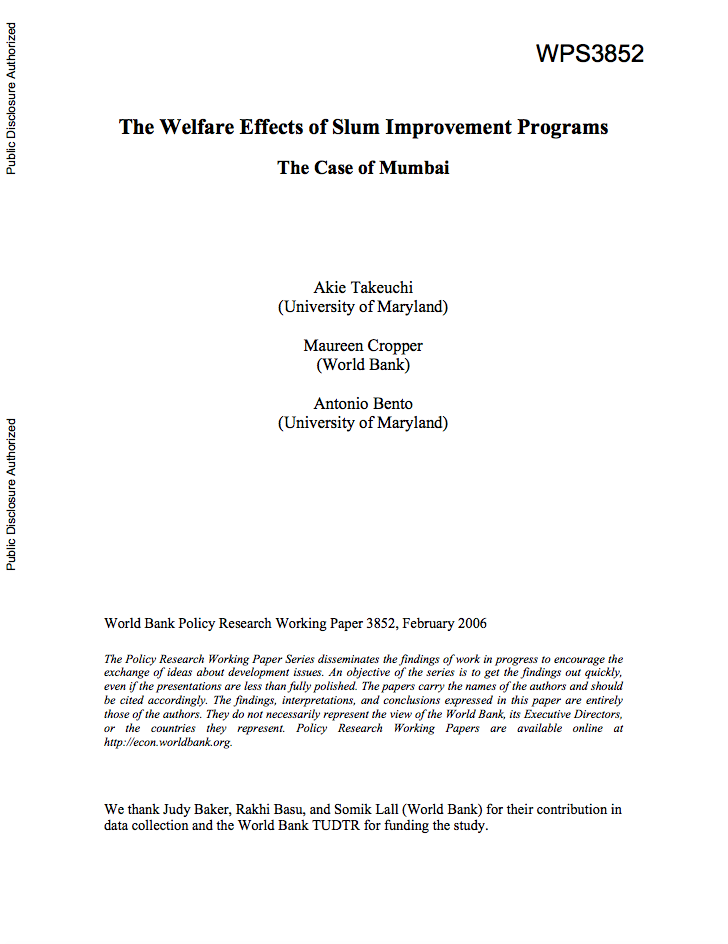Brazil - São Paulo : Inputs for a Sustainable Competitive City Strategy, Volume 2. Background Report
Through an analysis of selected topics,
this study aims to offer inputs for a successful recovery
strategy for the city and the metropolitan region of Sao
Paulo (MSRP) in Brazil. The study first presents an analysis
of the underlying factors of the economic transition in the
MRSP, highlighting the factors behind the recent performance
of the MRSP in terms of job creation and growth. Then, four
inputs that would lead to a 'recovery strategy'


